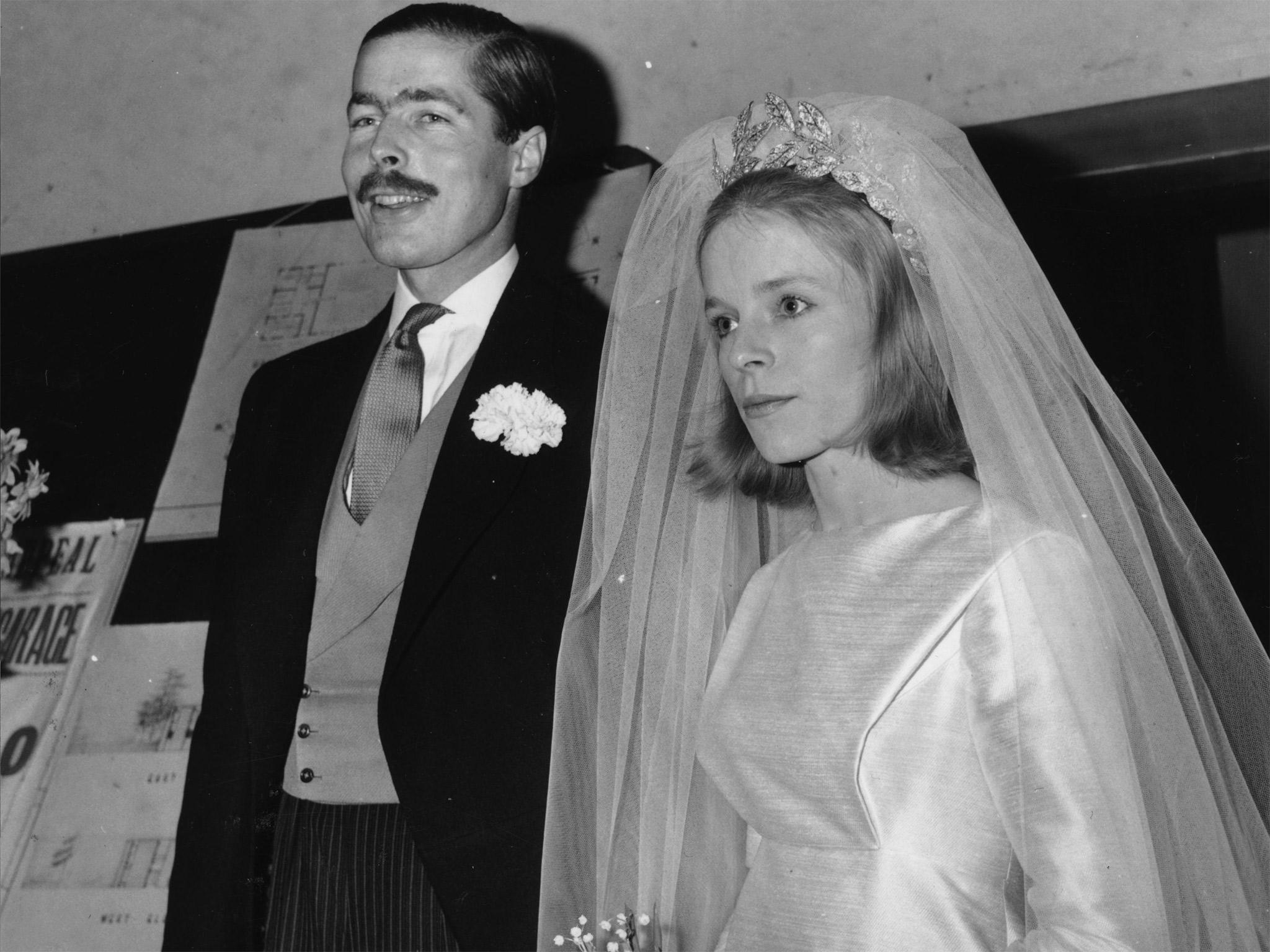Andy McSmith's Diary: Lucan's lordship (and other noble pursuits)
Daniel Moynihan's case comes to mind in the aftermath of George Bingham winning his long battle to succeed his father

Your support helps us to tell the story
From reproductive rights to climate change to Big Tech, The Independent is on the ground when the story is developing. Whether it's investigating the financials of Elon Musk's pro-Trump PAC or producing our latest documentary, 'The A Word', which shines a light on the American women fighting for reproductive rights, we know how important it is to parse out the facts from the messaging.
At such a critical moment in US history, we need reporters on the ground. Your donation allows us to keep sending journalists to speak to both sides of the story.
The Independent is trusted by Americans across the entire political spectrum. And unlike many other quality news outlets, we choose not to lock Americans out of our reporting and analysis with paywalls. We believe quality journalism should be available to everyone, paid for by those who can afford it.
Your support makes all the difference.George Bingham winning his long battle to be Lord Lucan, in succession to his father who disappeared in 1974, makes me wonder what became of Daniel Moynihan.
He was the boy born in a Philippines brothel who nearly became a British Lord. His great grandfather was a renowned surgeon who was awarded a hereditary peerage in 1929. His father, Antony, a Liberal peer, was a notorious playboy who skipped the country to avoid a fraud charge, and ended up as a drug smuggler and brothel keeper in the Philippines.
Daniel was his son by his fifth wife, Jinna Sabiaga. He was 10 months old when his father died, and was seemingly destined to be the fourth Lord Moynihan – except that Antony had a half-brother, Colin, a Tory MP, who began a five-year battle that culminated in Daniel being declared illegitimate because his father was a bigamist.
Colin Moynihan is still an active Tory peer.
The disappearing MP
Drew Hendry, from the SNP, was lucky enough to be the first MP called during questions to the International Development Secretary, Justine Greening.
He set off a discussion about the UN’s upcoming World Humanitarian Summit. Several MPs joined in, but before the discussion was over the Speaker, John Bercow, spotted that Hendry had apparently heard all he wanted to hear and was gone.
“Where is Mr Hendry?” cried the irate Speaker. “I know he is a new MP but he must learn that a Member must not ask a question and then leave. There are continuing exchanges on the matter.
“It is quite extraordinary behaviour!”
Dunn dropped in it
There was a near miss a short while later during Prime Minister’s Questions when Tom Newton Dunn, political editor of The Sun, sitting up in the press gallery, dropped his mobile phone onto the crowded floor below.
The former Welsh Secretary, Cheryl Gillan, and Labour’s Margaret Beckett were standing to one side of the Speaker’s chair as the object landed at their feet, brushing against Gillan’s forelock as it fell. A couple of inches further back and it would have given her a nasty whack on the skull.
The incident was witnessed by a Tory whip, Guy Opperman, who tweeted: “Near miss, no by-election.” The lost phone was switched on at the time. Opperman said later that he was tempted to use it to send out a tweet in Newton Dunn’s name.
94 per cent of Popes Catholic
My thanks to the PR agency which sent me a release saying that 94 per cent of the 20,000 people polled by Express newspapers were in favour of leaving the EU.
Only 94 per cent? That’s almost as surprising as last month’s poll which found that 28 per cent of Ukip supporters want to stay in the EU. Who are those 1,200 people who get their news from the Express and still want to be part of Europe?
Close examination of the figures makes the situation clearer. They are readers of the Express website. Of readers who buy the print version of the Daily Express, 99 per cent want out. Even that figure seems low.
Start as you mean to go on...
It was 20 years ago today that the first privatised train service went into operation. The Government had decided that British Rail would surrender the first three franchises at 2am, on 4 February 1996, in the belief that no trains would be running that late. They had overlooked the 1.50am Paddington train from Fishguard. They also had not taken into account engineering works between Fishguard and Cardiff. Consequently, the very first privatised train was actually a replacement bus.
Join our commenting forum
Join thought-provoking conversations, follow other Independent readers and see their replies
Comments